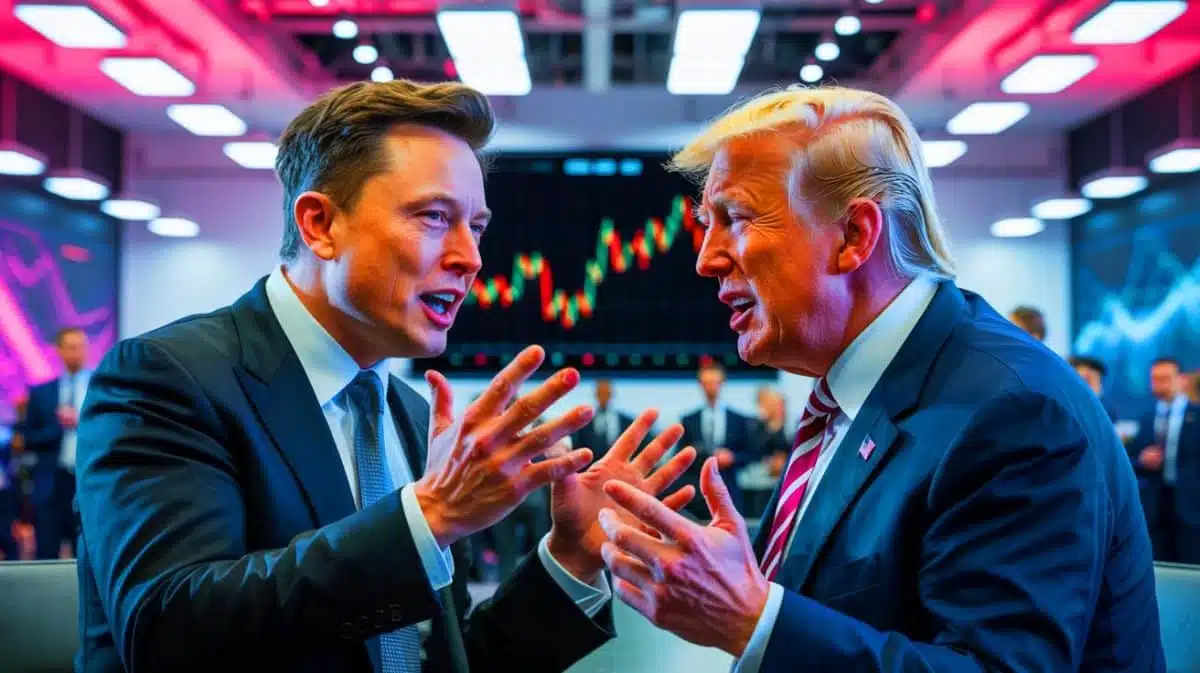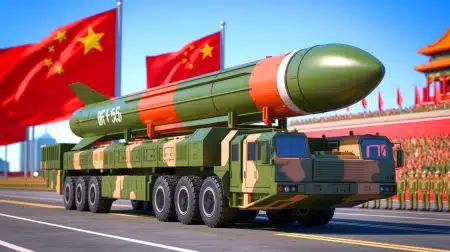| IN A NUTSHELL |
|
In a dramatic turn of events, the public fallout between Elon Musk and President Donald Trump has taken center stage, affecting not only political dynamics but also impacting the business landscape significantly. At the heart of this conflict is the controversial spending bill, colloquially known as the “Big Beautiful Bill,” which has stirred a hornet’s nest of political and economic implications. As the dust settles, Tesla’s financial strategies, including unprecedented discounts on the Cybertruck, are under intense scrutiny. This unfolding saga provides a fascinating glimpse into the intricate web of politics, economics, and strategic maneuvering.
The Spending Bill and Its Repercussions
The “Big Beautiful Bill” has become a focal point of contention between Musk and Trump. The bill, passed by the House and pending a Senate vote, is projected by the Congressional Budget Office to increase the national debt by a staggering $2.4 trillion over the next decade. Moreover, it poses a risk of leaving 11 million people without government-backed health insurance. The White House, however, argues that anticipated higher tariff revenues will balance these new expenditures.
Trump has accused Musk of opposing the bill due to its elimination of electric vehicle subsidies, a critical revenue stream for Tesla. Musk has rebuffed this claim, insisting his objections lie in the bill’s excessive and unjust fiscal allocations. He has been vocal, both online and offline, in criticizing the perceived pork-barrel spending embedded in the legislation. The removal of these subsidies, if enacted, could significantly impact Tesla’s operations and market position.
Epstein Files and Business Risks
Musk’s criticisms have extended beyond fiscal policy, implicating Trump’s administration in broader scandals. He controversially suggested, albeit without evidence, that Trump’s name could appear in sealed documents related to Jeffrey Epstein. The White House has dismissed these claims as baseless and an attempt to detract from the bill’s merits.
In retaliation, Trump threatened to revoke governmental subsidies and contracts for Musk’s enterprises, a move that could jeopardize billions in funding. Historically, Musk’s companies have benefitted from substantial government support, with Tesla receiving a $465 million loan pivotal to its early success. Investors reacted sharply to these developments, with Tesla’s share price plummeting 14% following the threats. In response, Tesla announced its largest-ever discount on the Cybertruck, offering 0% financing, aiming to stabilize its market position amid the turmoil.
Impact on Tesla and Strategic Adjustments
The fallout between Musk and Trump has led to significant strategic shifts within Tesla. Reacting to the political and economic turbulence, Tesla has introduced a bold promotional strategy to maintain consumer interest and bolster sales. The recent announcement of a substantial discount on the Cybertruck, particularly for customers opting for the Full Self-Driving package, underscores Tesla’s adaptive strategies in a volatile market.
These financial incentives, however, are more than just marketing tactics; they reflect Tesla’s broader need to adapt to potential policy changes and shifting market demands. With electric vehicle subsidies potentially on the chopping block, Tesla is proactively recalibrating its strategies to ensure financial stability and continued market competitiveness.
Future Prospects and Political Dynamics
As the Senate prepares to vote on the Big Beautiful Bill, the political and economic stakes remain high. Musk’s vocal opposition has energized fiscal conservatives who argue the bill inadequately addresses spending concerns. Meanwhile, the White House has attempted to mediate the escalating tensions by arranging a discussion between Trump and Musk, signaling a potential thaw in relations.
Whether this conflict will lead to a lasting rupture or a reconciliation remains uncertain. The outcome of this political clash will have significant implications not only for Musk and Trump but also for the broader landscape of U.S. economic policy and corporate governance. As both parties navigate this complex terrain, the resolution of this standoff could set a precedent for future interactions between government and influential private sector leaders.
The unfolding drama between Elon Musk and Donald Trump highlights the intricate interplay between politics and business in contemporary America. As stakeholders brace for the Senate’s decision, the question remains: will this high-profile conflict lead to meaningful policy change, or will it be another fleeting chapter in an ongoing saga of political theater?
Did you like it? 4.7/5 (24)







Wow, what a twist! Musk vs. Trump is like a soap opera! 😄
This Cybertruck discount sounds tempting, but is it really worth it without the subsidies?
Why would Musk bring up the Epstein files now? Seems like a distraction.
Can someone explain how cutting EV subsidies will affect the average consumer?
Is this the beginning of the end for Tesla? 🤔
I’m all for fiscal responsibility, but is this really the right time to cut subsidies?
Musk’s strategy seems bold, but is it sustainable in the long run?
Can we really trust the White House’s claim about balancing the new expenditures with tariffs?
This whole situation feels like a political circus. Just focus on the cars! 🚗